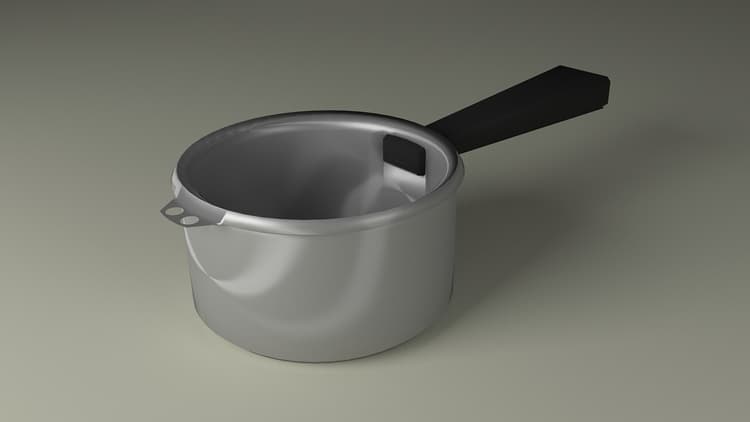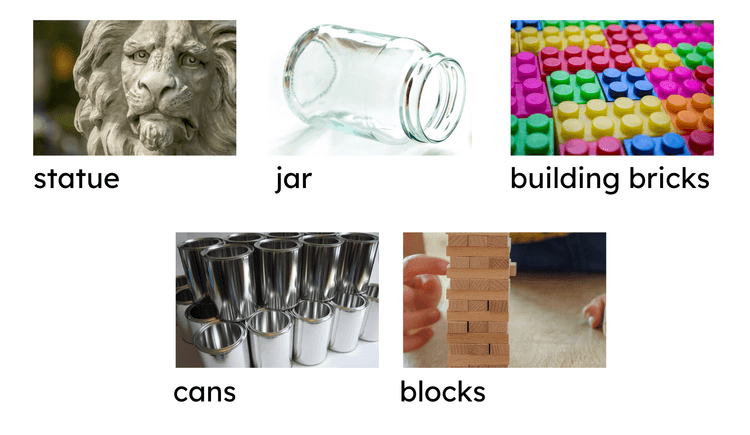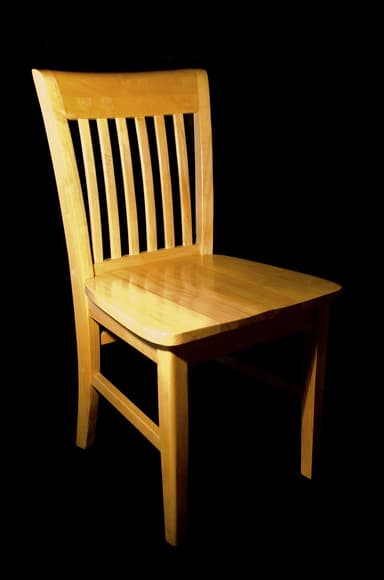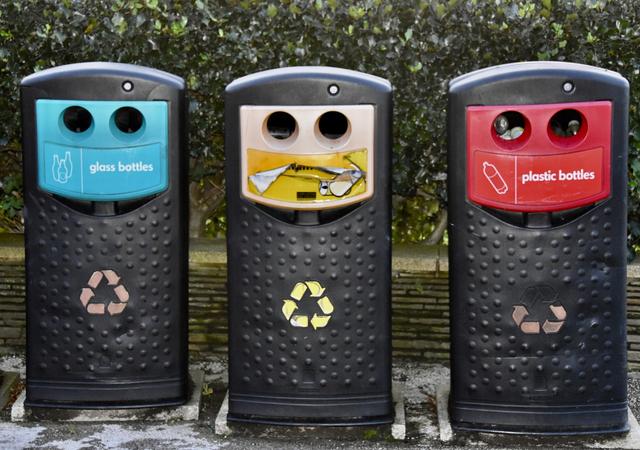Myths about teaching can hold you back
- Year 1
- Year 1
Materials for recycling
I can name and group different materials that can be recycled.
These resources were made for remote use during the pandemic, not classroom teaching.
Switch to our new teaching resources now - designed by teachers and leading subject experts, and tested in classrooms.
Lesson details
Key learning points
- Different objects can be made from different materials.
- Some materials can be recycled and used again.
- Glass, paper, plastic, wood and metal can often be recycled.
- Objects can be sorted into different materials by observing and comparing.
- Recycling is important because it reduces waste and this helps the planet.
Keywords
Object - An object is something you can touch but something that is not usually a living thing.
Material - A material is what an object is made from. An object can be made from more than one material.
Recycle - Recycling is when we collect and sort our rubbish instead of throwing it away. These items then get changed into something new for us to use.
Sort - To sort is to put items into different groups.
Group - To group things is to put similar things together.
Common misconception
Children may instinctively classify objects by observational similarities or through knowledge of use rather than by the material from which the objects are made.
Reminders of the difference between the object, what it is used for, and the material it is made from. Use of real-life objects for children to explore to aid this understanding.
To help you plan your year 1 science lesson on: Materials for recycling, download all teaching resources for free and adapt to suit your pupils' needs...
To help you plan your year 1 science lesson on: Materials for recycling, download all teaching resources for free and adapt to suit your pupils' needs.
The starter quiz will activate and check your pupils' prior knowledge, with versions available both with and without answers in PDF format.
We use learning cycles to break down learning into key concepts or ideas linked to the learning outcome. Each learning cycle features explanations with checks for understanding and practice tasks with feedback. All of this is found in our slide decks, ready for you to download and edit. The practice tasks are also available as printable worksheets and some lessons have additional materials with extra material you might need for teaching the lesson.
The assessment exit quiz will test your pupils' understanding of the key learning points.
Our video is a tool for planning, showing how other teachers might teach the lesson, offering helpful tips, modelled explanations and inspiration for your own delivery in the classroom. Plus, you can set it as homework or revision for pupils and keep their learning on track by sharing an online pupil version of this lesson.
Explore more key stage 1 science lessons from the Everyday materials unit, dive into the full primary science curriculum, or learn more about lesson planning.

Equipment
Access to recycling at home and in school may help children to think about what objects and materials can be recycled.
Content guidance
- Exploration of objects
Supervision
Adult supervision recommended
Licence
Prior knowledge starter quiz
6 Questions
Q1.What do we call a thing that we can touch but that is not alive?
Q2.Objects are made from...
Q3.True or false? All objects are made from the same material.
Q4.What is this saucepan made from?

Q5.Which of these are materials?
Q6.Match each object to the material that it is made from.

plastic
wood
metal
glass
rock
Assessment exit quiz
6 Questions
Q1.What material is a drinks can made from?
Q2.What material is this chair made from?

Q3.Materials such glass, wood, metal and plastic can often be...



